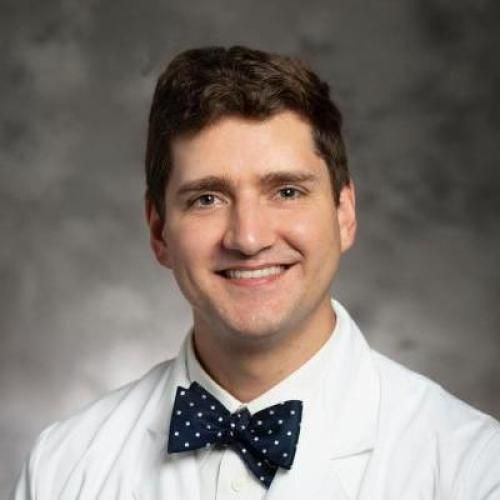
Building Surgical Character: A Dynamic Simulation Curriculum for Nontechnical Skills.
OBJECTIVE: Previous simulation curricula of nontechnical skills have focused on communication skills or empathy in isolation from technical skills, using feedback from one rater. We aimed to develop and pilot an expanded simulation curriculum focused on situational performance of select character attributes with the goal of determining curricular feasibility, use of a novel psychometric rating tool, and receptivity of curriculum by participants. DESIGN: The simulation consisted of 2 contiguous parts requiring demonstration of both technical and nontechnical skills. Participants received immediate informal feedback on technical skills; nontechnical skills, namely empathy, courage, composure, humility and clarity, were formally assessed by external raters using a novel global psychometric rating tool. They were also assessed by a standardized patient actor using the CARE Measure for empathy and via participant self-assessment. After the simulation, participants completed a self-reflection exercise and individually debriefed with personalized feedback from research team coaches. At completion, participants were invited to complete a post-curriculum survey. Intraclass correlation coefficients (ICC) were calculated to evaluate interrater reliability. Wilcoxon rank-sum tests were conducted to compare median attribute scores of student and resident participants. Post-curriculum feedback was reported with representative quotations and percentages. SETTING: The simulation was piloted in a dedicated simulation center at a tertiary care academic medical center during Spring 2024. PARTICIPANTS: Six general surgery residents and six senior medical students pursuing surgical specialties voluntarily participated. RESULTS: Ten participants (6 students, 4 residents) completed all components of the curriculum. Interrater reliability ranged from fair to excellent (ICC 0.68-0.98) for all attributes excluding Part 1 humility. Significantly higher median scores for resident participants were observed for courage in both parts as well as for Part 1 composure and clarity. Students scored significantly higher on Part 1 humility and Part 2 empathy. The empathy scores using the CARE Measure and our global psychometric rating tool were strongly correlated (r = 0.75). Participants generally rated themselves higher than external raters. Nearly all participants expressed that these skills are important (10, 100%) and not taught enough during training (9, 90%). Overall participant satisfaction was high. CONCLUSIONS: This expanded simulation curriculum focused on expression of character attributes as nontechnical skills was feasible and well-received by participants. Our global psychometric rating tool demonstrated partial validity as determined by strong correlation with the validated CARE Measure. This curriculum represents the first of its kind to provide deliberate practice and structured assessment focused on expression of character attributes essential to becoming an effective surgeon.
Duke Scholars
Published In
DOI
EISSN
Publication Date
Volume
Issue
Start / End Page
Location
Related Subject Headings
- Surgery
- Simulation Training
- Psychometrics
- Pilot Projects
- Male
- Internship and Residency
- Humans
- General Surgery
- Female
- Feasibility Studies
Citation

Published In
DOI
EISSN
Publication Date
Volume
Issue
Start / End Page
Location
Related Subject Headings
- Surgery
- Simulation Training
- Psychometrics
- Pilot Projects
- Male
- Internship and Residency
- Humans
- General Surgery
- Female
- Feasibility Studies






